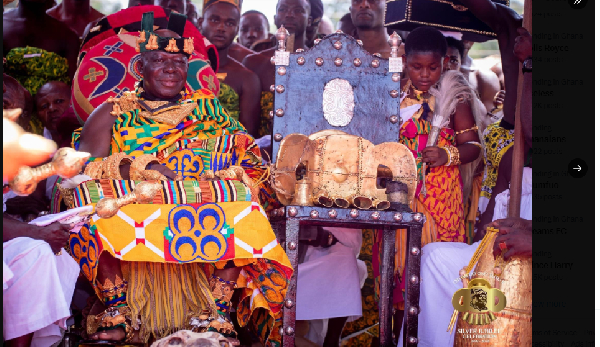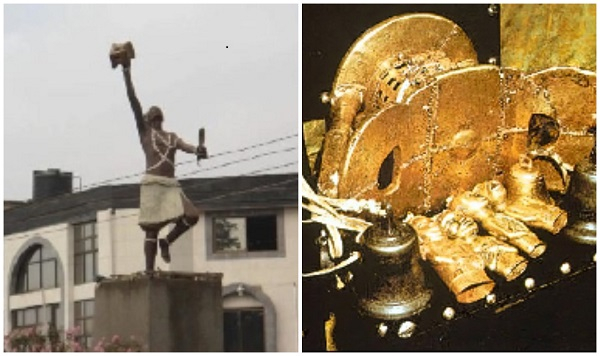
Ghana’s Salt Sector Could Become Leading Foreign Exchange Earner In The Long Term – MIIF CEO

According to the Chief Executive Officer of MIIF, Mr Edward Nana Yaw Koranteng, salt is set to become one of Ghana’s major foreign exchange earners by 2026 and a top industrial earner by 2030 if the resuscitation plan of the Ada Songhor Salt project follows through as planned.
“The plan to boost salt production and the development of its allied value chain should yield about $2billion to the Ghanaian economy beginning 2027, with the potential to create more than 10,000 direct and indirect jobs in the next five years from just the Songhor Salt pans alone” Edward Nana Yaw Koranteng said after a one day working visit to the Ada.Classification of Salt as ‘High Priority Mineral’ by MIIFThe Chief Executive Officer of MIIF, Edward Nana Yaw Koranteng is optimistic that the planned focus on the mineral will generate new economy vibrancy for the areas known for salt production such as Ada, Sege, Keta, Ningo and Winneba.
Mr Koranteng said, Ghana and Senegal are the only countries in West Africa with the potential for large-scale industrial production of salt.
He decried the fact that Nigeria with a demand in excess of 1.5 million metric tons (MT) per annum, imports 80% of its industrial salt needs from Brazil while the Songhor salt pans alone has the capacity to produce over one million tons at just 60% capacity.
It has been lying dormant as an industrial salt producing area since 1982 but has the potential to produce more than 1.75 million MT and to be the largest salt producing area in Africa. The resuscitation project by Electrochem which started in late 2016 with initial production starting in early 2021 has led to the full restoration of the Songhor lagoon which had dried out for eight years.
Remember, Salt production is primarily from the sea and as long as the sea never dries, the community and the business will both progress”, Daniel McKorley said.“For us at MIIF, the fact that this project is wholly owned by Ghanaians and could integrate several parts of our development agenda such as the 1D1F where salt is used in virtually every industry excites us greatly.
The Songhor salt project and the sponsors, Electrochem, tick the boxes for long term viability, environmental, social and governance, export potential, high salt density, infrastructure plans and the fact that all the engineers on site are Ghanaians.






